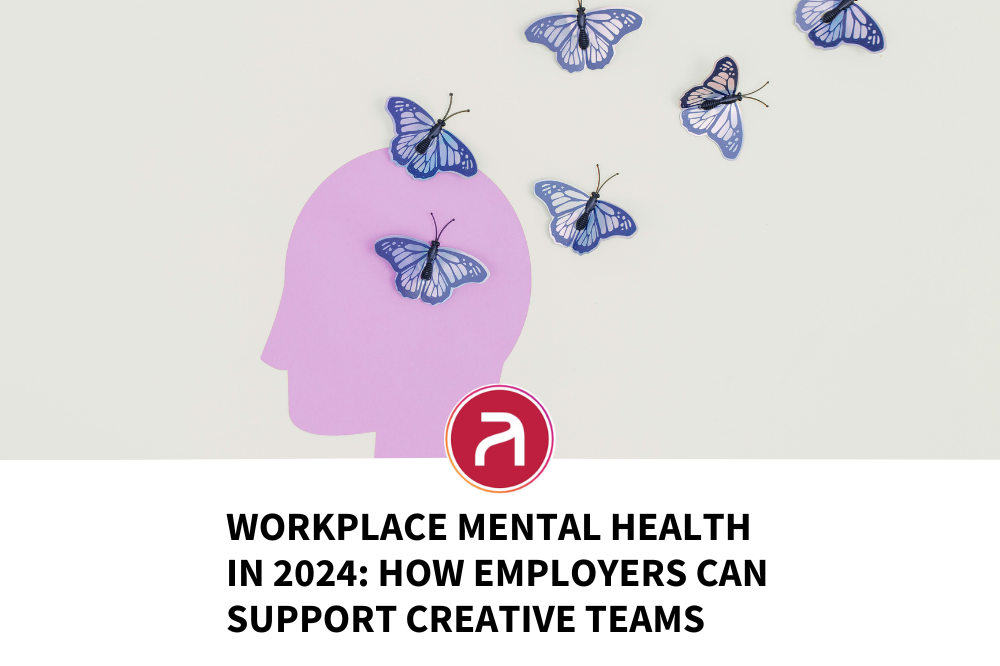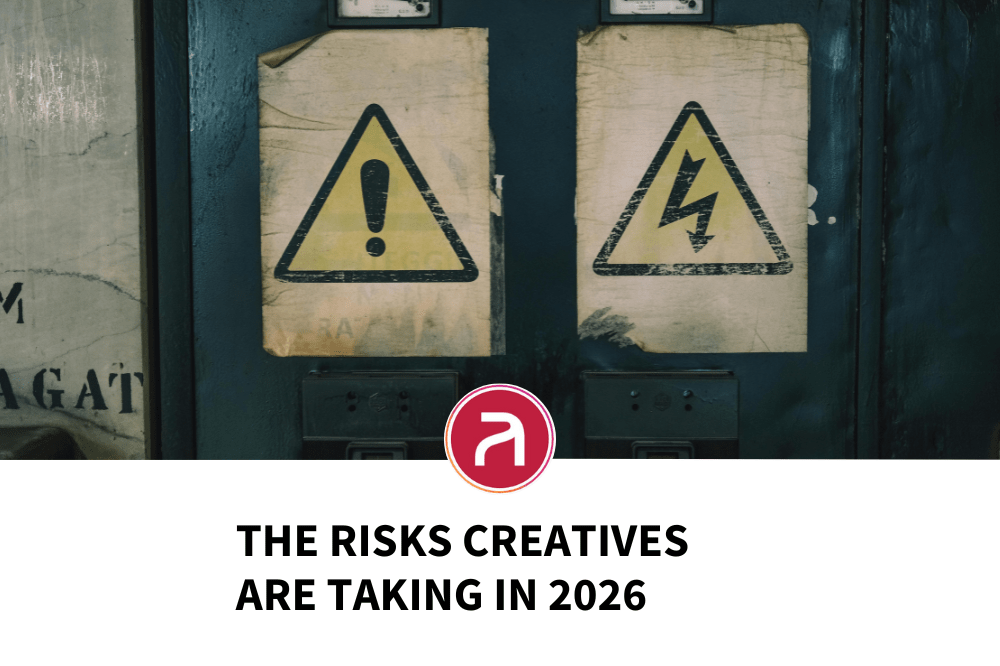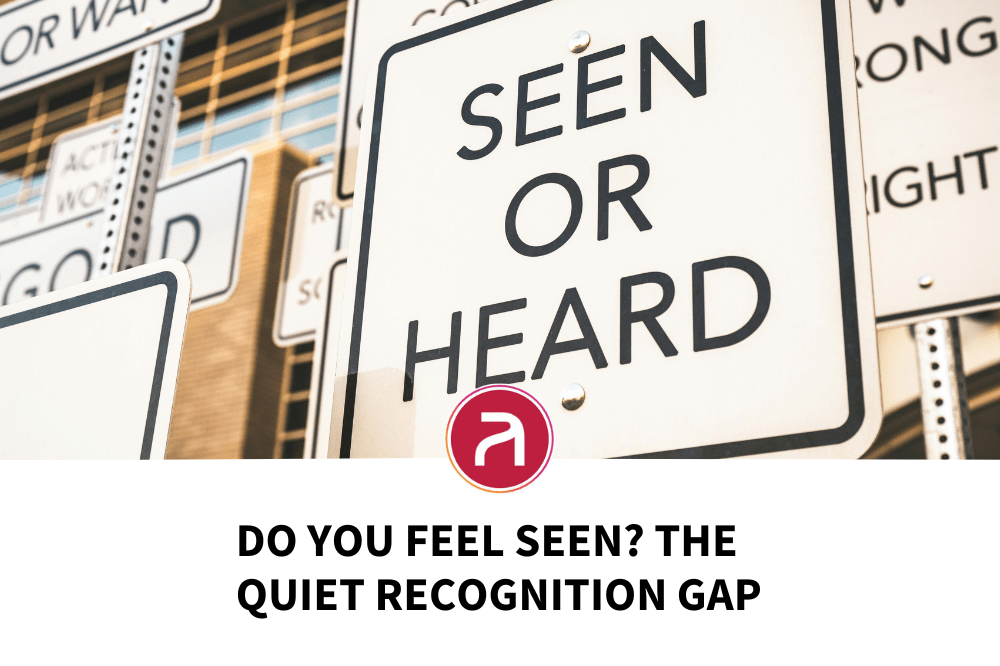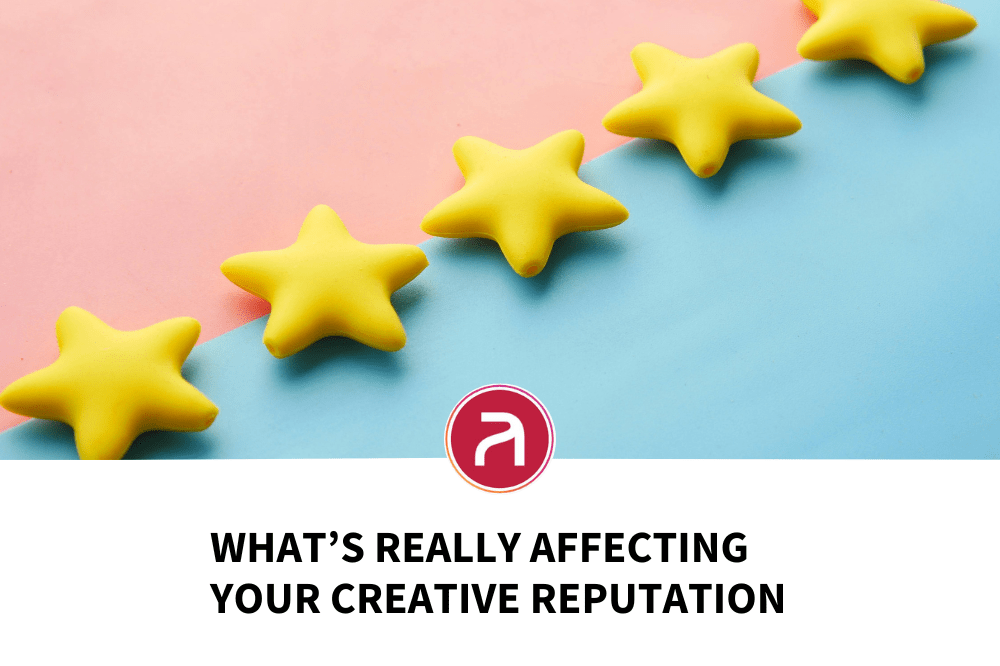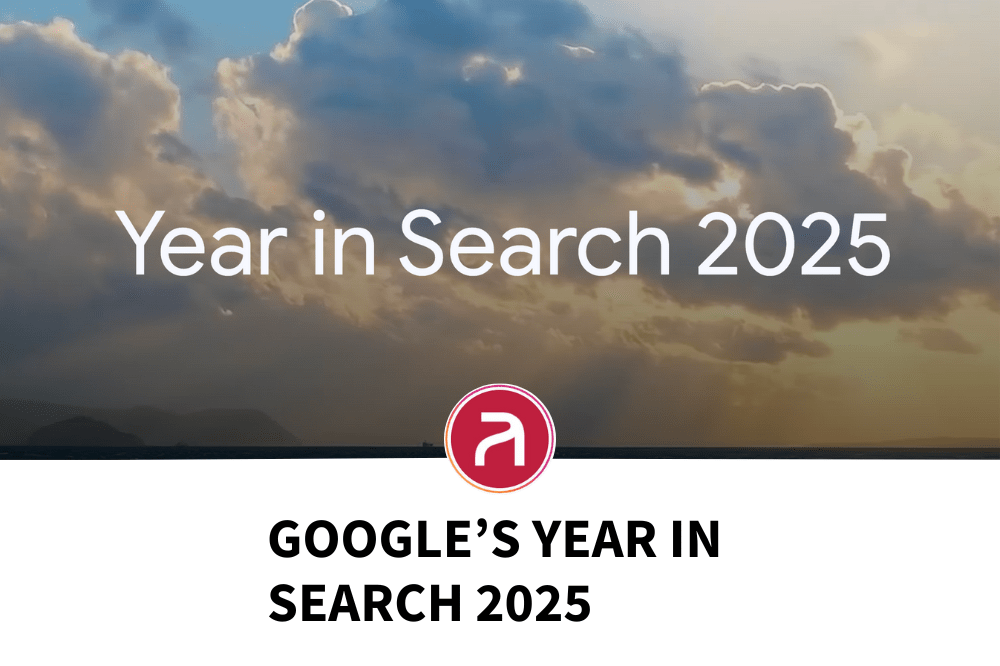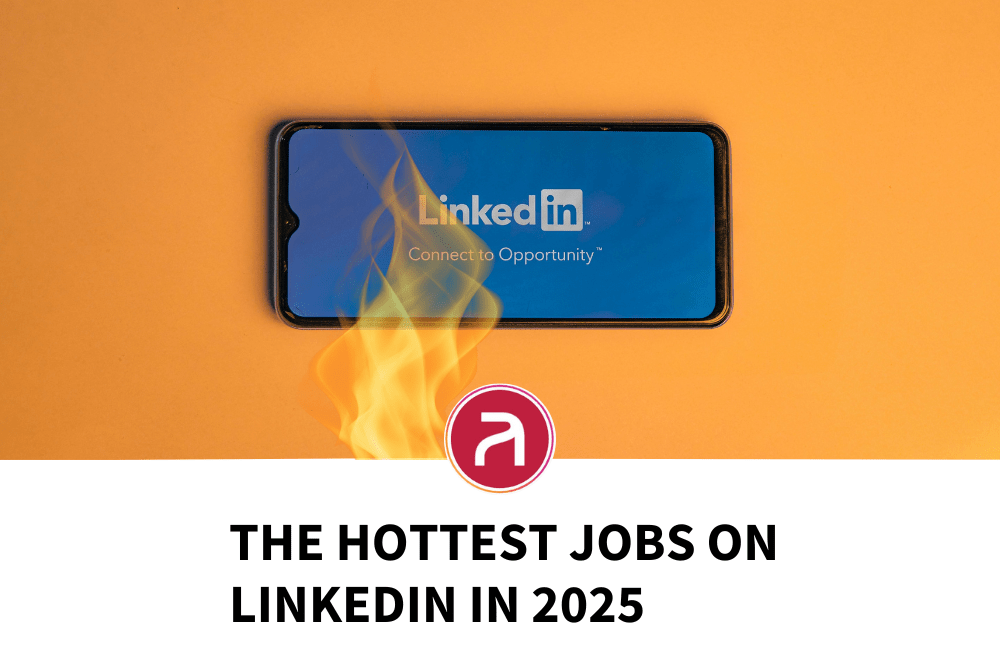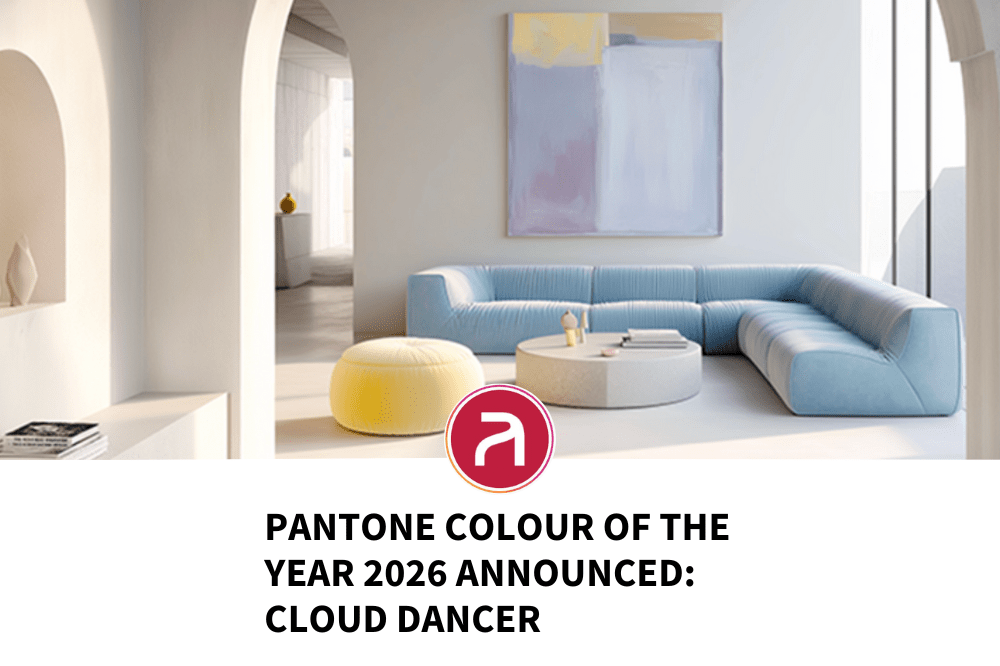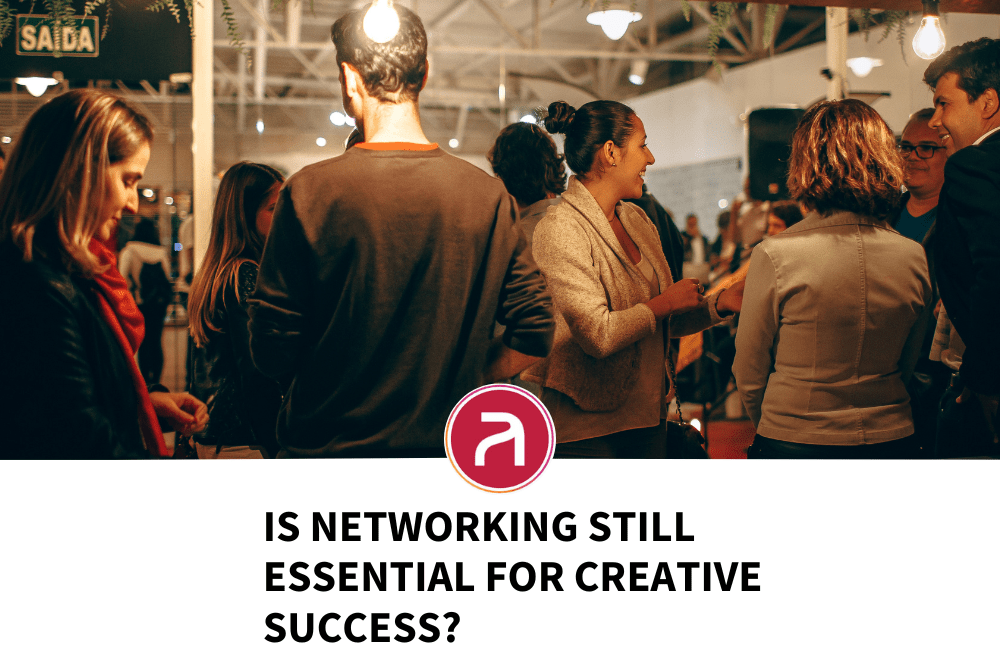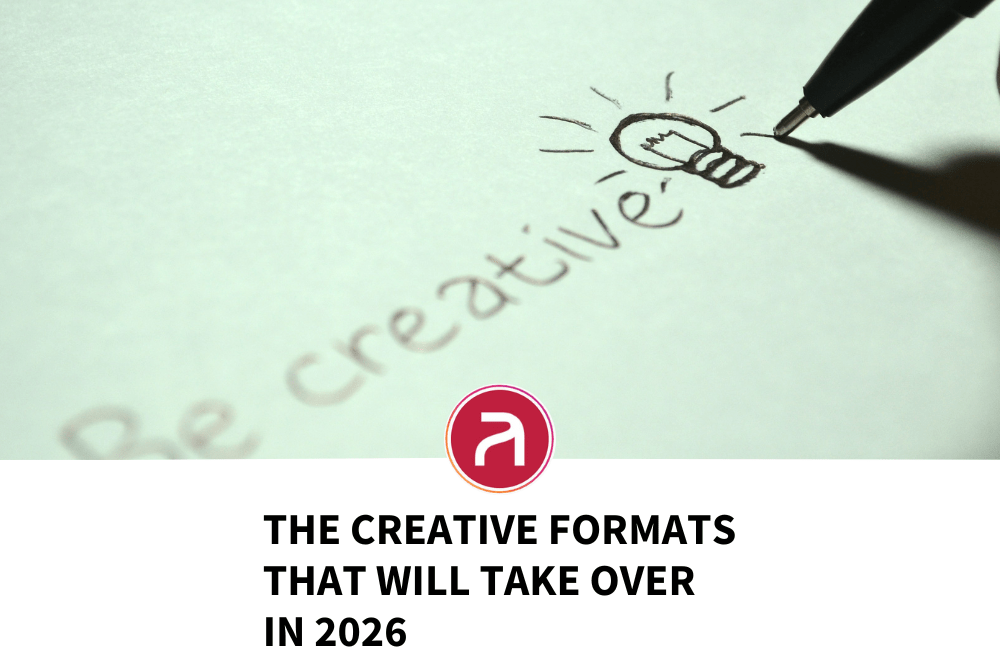In 2024, mental health remains a critical issue for creative professionals, who often face unique stressors tied to the industry. Whether it’s tight deadlines, the pressure to stay innovative, or the financial instability that can accompany freelance work, the demands placed on creatives are significant. Despite a growing awareness, recent data from Artisan’s poll indicates a concerning trend: 94% of respondents feel that mental health in the creative industry is still overlooked, while only 6% believe it’s improving, and a resounding 0% think there’s a strong focus.
With these results in mind, let’s dive into the mental health challenges facing the creative industry and explore practical ways employers can make a real impact.
Why Are Mental Health Challenges Prevalent in the Creative Industry?
Creatives are often more susceptible to mental health issues for several reasons:
- High Expectations and Pressure to Innovate: Creatives are constantly expected to produce original, high-quality work, which can lead to anxiety and burnout. The fear of not meeting expectations may push individuals to overwork, leading to exhaustion.
- Irregular Workflows and Deadlines: Tight deadlines, especially in advertising, marketing, and design, can disrupt work-life balance. This can be exacerbated by the unpredictability of freelance work, where income instability creates added stress.
- Creative Block and Self-Doubt: The pressure to always be inspired can be a double-edged sword. When ideas don’t come as expected, it can lead to self-doubt and feelings of inadequacy.
- Workplace Isolation: Many creatives, particularly freelancers, work in isolation, lacking the social support that traditional work environments provide. This can result in feelings of loneliness and alienation, contributing to anxiety and depression.
What Can Employers Do to Support Their Creative Teams?
Given the specific challenges creatives face, companies should tailor their approach to mental health support. Here are some strategies employers can implement:
1. Offer Mental Health Days
Encouraging employees to take mental health days can be a game changer. These are not just days off but designated time for employees to recharge and address stress or burnout. Normalising this can help remove the stigma around taking time for mental health.
2. Create a Culture of Open Communication
Workplaces should foster an environment where talking about mental health is encouraged. Here’s how employers can promote open communication:
- Regular Check-Ins: Schedule one-on-one meetings where managers ask about well-being, not just project updates.
- Anonymous Feedback Channels: These can help employees voice their concerns without fear of judgment.
- Mental Health Ambassadors: Appointing someone in the team as a go-to for mental health resources can make discussions more approachable.
3. Provide Access to Professional Support
Companies can offer free or subsidized mental health services such as:
- Employee Assistance Programs (EAPs): Many EAPs offer short-term counseling and resources for stress management.
- Wellness Apps and Subscriptions: Apps like Calm, Headspace, or Smiling Mind are great for promoting mindfulness and relaxation.
- Workshops and Training: Bring in mental health experts to provide resilience training and coping strategies.
4. Support Flexible Working Arrangements
Creative work often requires bursts of inspiration and focus, which don’t always align with a 9-to-5 schedule. Allowing flexible hours and remote work options can help employees manage their time and stress levels better.
5. Invest in Training for Managers
Managers play a key role in the mental health of their teams. Training them to recognize the signs of burnout, stress, or mental health issues can help catch problems early. It’s not about turning managers into therapists but equipping them with the knowledge to direct employees to the right resources.
The Role of Mental Health in Artisan’s Poll Results
The results from Artisan’s poll show a glaring need for improvement in mental health initiatives within the creative industry. The 94% of respondents who feel mental health is overlooked suggest that existing programs are either not reaching employees or not effectively addressing their needs. While some progress is noted by the 6% who see improvement, the industry clearly needs to push beyond superficial wellness programs.
Employers can take this as a wake-up call to assess the current state of mental health in their workplaces and recognize that while some efforts may be underway, they need to be expanded and tailored to genuinely support employees.
Practical Tips for Creative Professionals
Even with employer support, individuals can take steps to maintain their own well-being:
- Set Boundaries: Learn to say no when necessary and maintain a work-life balance. Boundaries are essential to prevent burnout.
- Embrace Imperfection: Understand that not every project will be groundbreaking. Allow room for growth and learning without the pressure to always be extraordinary.
- Seek Connection: Join creative communities or co-working spaces to counter the effects of isolation.
- Practice Mindfulness: Techniques like meditation, yoga, or even taking a few deep breaths can help manage stress.
Mental Health Support Resources for Australian Creatives
If you’re struggling, don’t hesitate to seek support. Here are some resources available in Australia:
- Beyond Blue: Offers support for anxiety, depression, and suicide prevention. Visit their website or call 1300 22 4636.
- Headspace: Provides mental health support and counseling for young people. Visit their website.
- Black Dog Institute: Specializes in mood disorders and mental health research. Visit their website.
- Lifeline Australia: 24/7 crisis support and suicide prevention services. Call 13 11 14 or visit their website.
The results of Artisan’s poll indicate that the creative industry must prioritise mental health in a more meaningful way. By implementing supportive policies, promoting open conversations, and providing resources, employers can foster healthier, more resilient teams. Let’s work together to ensure that in 2024, mental health isn’t just a talking point but a true focus in every creative workplace.
Employers can start today, making mental well-being an integral part of the work culture—because a thriving creative industry depends on thriving individuals.

